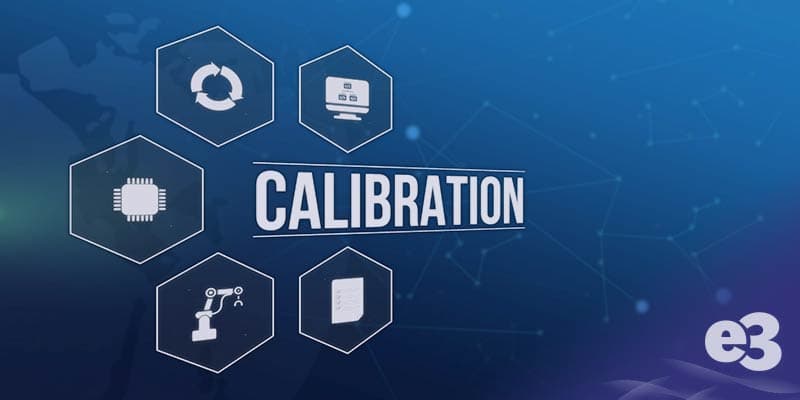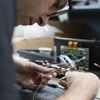What to Look for from Your Calibration Company

Just like cars, all calibration companies are not the same. With cars, some are prestigious, others are economical and some even park themselves. Calibration companies also have different features. Here are some things to look for from your calibration company.
The provider - Your calibration company should have a local office for prompt on-site calibration and service when needed. The provider should also be active in the local audiology community supporting and promoting hearing testing. Other things to consider—does the company carry liability insurance and will they be there for you when you need them?
The calibration technician
This person needs to be highly trained by the factory on all makes and models of your audiology equipment. They should have a complete knowledge of ANSI standards and factory routine preventative maintenance. They should also be NASED and HIMSA certified. In addition, your calibration technician should have access to and install all software and firmware upgrades from the factory.

The calibration test equipment
Does the calibration provider have all the test equipment needed for the job? This includes Type 1 sound level meters, bone mastoids, signal analyzers, manometers, precision microphones and couplers as well as manufacture-specific calibration keys and software. Also, has all of their test equipment been calibrated yearly?
The calibration certificate
We live in a very litigious society. Look for a detailed certificate including all ANSI tests being documented, especially distortion and attenuator linearity values. Without these values, the health of the audiometer or total ANSI output tolerance cannot be determined. Many times, these required readings are overlooked and not documented. Remember the old saying, if it’s not documented it didn’t happen. Also, will the company you chose be there for you when you need it?
The bottom line in choosing a calibration provider…select one that can be trusted. Do they have a local office? How long have they been in business? Talk with the sales and service staff. They need to be your “go-to person” for technical support on all your equipment.
With automobiles and calibrations, the most important thing is safety. With cars, thinking about safety is easy—does your vehicle have airbags, anti-lock brakes? With calibrations, questions to think about include: Is your service provider contacting you to schedule your annual calibration to certify that your equipment is in compliance? Are your calibrations complete, to ensure your tests are accurate? Remember to keep these things in mind when selecting a company for your calibrations, service and sales.
